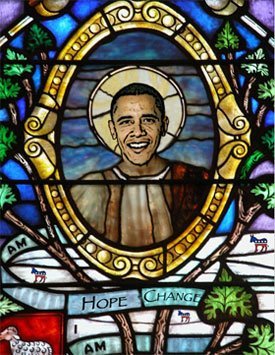- Mar 18, 2014
- 38,116
- 34,054
- Country
- United States
- Faith
- Christian
- Marital Status
- Married
I think most posting here would know of the Liberal Theology from 19th century Continental Europe which started in the Tubingen school and manifested from there. Such questioned the infallibility of canonical Holy Scriptures (JEDP theory), questioned the Deity of Jesus Christ and the Virgin Birth.
There’s more, but what is Liberal Theology in the 21st century? Can someone define it? Is there a systematic theology explaining it?
For example, for the Reformed they have been various systematic theology tomes in the past which for example the Ligonier site lists. Also many are familiar with Wayne Grudem’s systematic theology tome in this century which continues in the Reformed theology. There are examples of Arminian leaning Evangelicals producing tomes on systematic theology and even Charles Finney produced a systematic theology during the Revivalist movement in the late 19th century embraced by many today.
What does a Liberal systematic theology look like for the 21st century? What are the distinctives? What are the commentaries? Who are the leading theologians?
I am not looking for political manifestos but I’m sure some theologies might draw from social, political and cultural changes. That should be discussed of course. Meaning how certain changes and movements changed the systematic approach to theology.
There’s more, but what is Liberal Theology in the 21st century? Can someone define it? Is there a systematic theology explaining it?
For example, for the Reformed they have been various systematic theology tomes in the past which for example the Ligonier site lists. Also many are familiar with Wayne Grudem’s systematic theology tome in this century which continues in the Reformed theology. There are examples of Arminian leaning Evangelicals producing tomes on systematic theology and even Charles Finney produced a systematic theology during the Revivalist movement in the late 19th century embraced by many today.
What does a Liberal systematic theology look like for the 21st century? What are the distinctives? What are the commentaries? Who are the leading theologians?
I am not looking for political manifestos but I’m sure some theologies might draw from social, political and cultural changes. That should be discussed of course. Meaning how certain changes and movements changed the systematic approach to theology.

